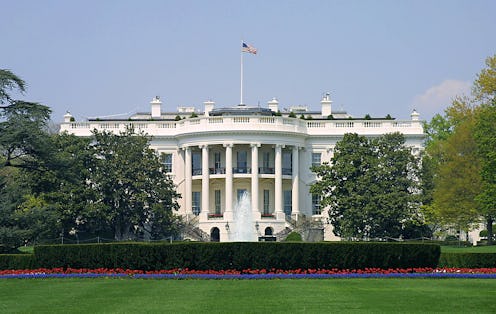News
Is a Faithless Elector's Vote Made Void?
The latest, final hope of the #NeverTrump cohort is that the individual members of the Electoral College will block Donald Trump. Such a hope essentially relies on the plan that enough electors from states won by Trump will refuse to vote for him, thus denying him the required 270 electoral votes. These electors who break from the candidate to which they've been pledged are called "faithless electors," but there's a big concern even if they carry out the anti-Trump plan: Do faithless electors' votes count?
The Electoral College consists of 538 electors (hence the name of popular political analysis and prediction website FiveThirtyEight). When you cast your vote for president, you're actually voting for your state's electors. Trump won Texas, for example, and so Texas' 38 electors (usually selected via state conventions) will be Republicans who are generally expected to vote for Trump.
"Generally expected" is not "required," though, at least not at the federal level. Many states have laws requiring that their electors vote for the candidates elected by the people of the state, threatening faithless electors with fines or prosecution. However, those "faithless" votes still count.
Well, actually, the situation is a bit more complicated in Michigan, Minnesota, and Utah. Those three states have passed laws that consider faithless electors to have resigned. These laws would void "faithless" votes and replace them with the votes of "faithful" electors.
However, these laws have never been enforced, which leaves them vulnerable to being questioned in court. The Supreme Court ruled in 1952's Ray v. Blair that requiring electors to pledge to vote a certain way is legal, but that ruling also indicated that it would be unconstitutional to actually require them to vote a certain way. Despite this, even if every elector in both Michigan and Utah switched their votes to Clinton, it would not be enough to give her the 270 she needs to win.
A group of seven electors from Washington and Colorado calling themselves the "Hamilton Electors" has emerged, and they have pledged to vote for an "alternative Republican," instead of Trump. The Hamilton Electors would have to convince 270 electors to vote for their Republican selection (who has not been announced) in order to elect him or her. Alternatively, they could convince 37 electors from red states not to vote for Trump (assuming that the recount efforts in three states do not change the winner).
Overall, it seems highly unlikely that faithless electors will be able to swing the election.
